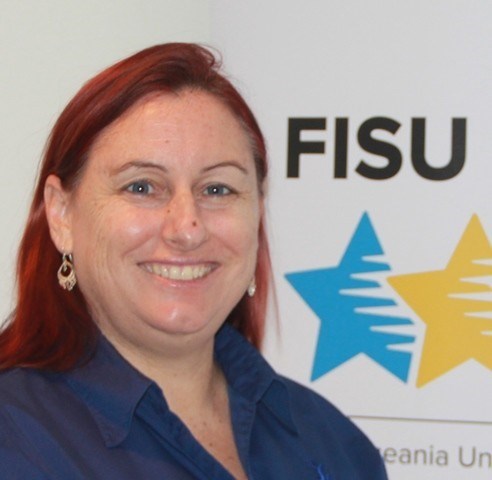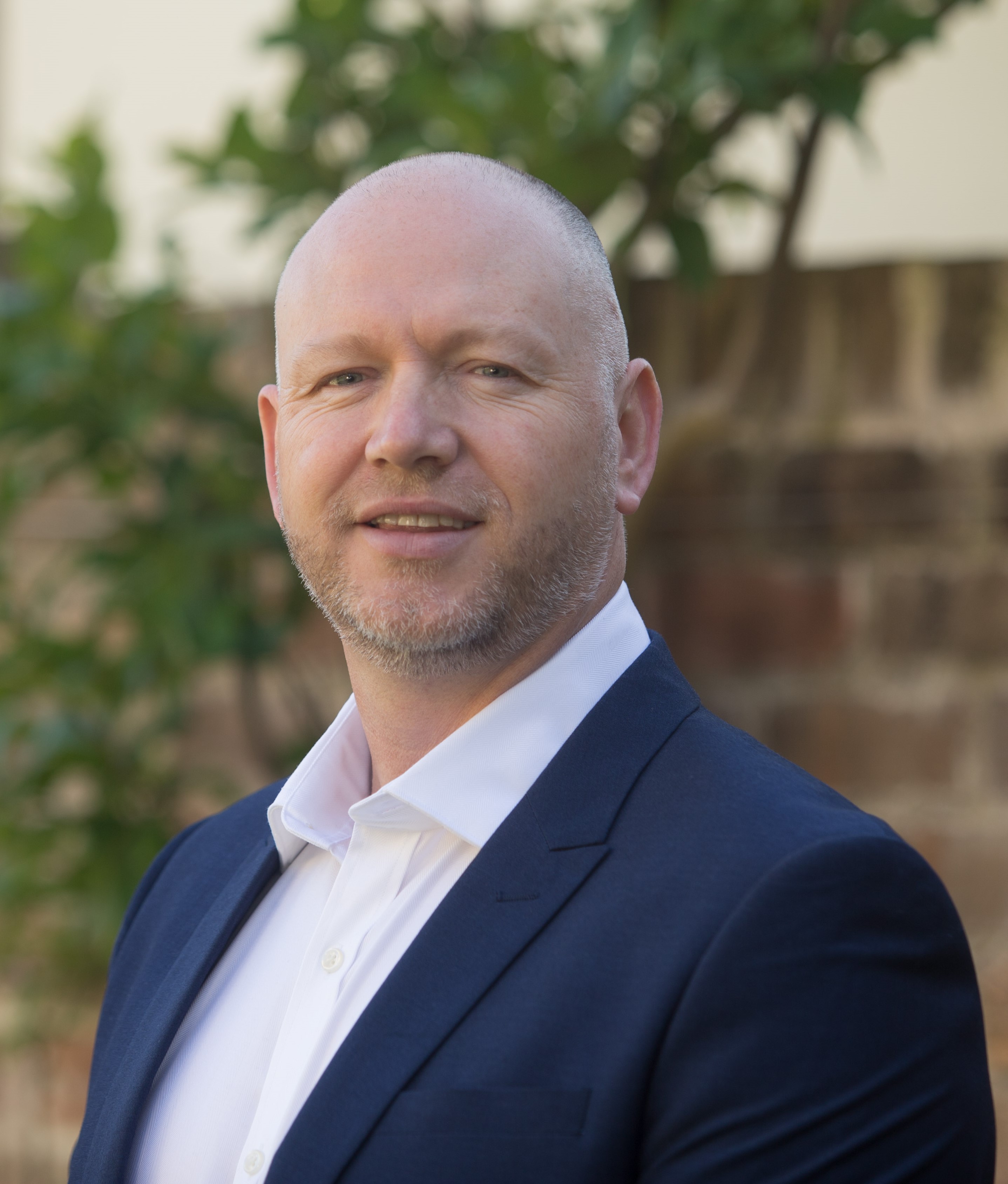Donna Spethman: General Manager, Education, Training and Risk, Australian University Sport
Donna Spethman
General Manager
Education, Training and Risk
Australian University Sport
How did you get your job?
I have over 20 years in the sport event industry and in all roles; risk management was an important operational component of event delivery. I was always interested in crisis management and took the lead in developing and updating event risk management plans as no one else was interested. This is essentially how I got started in risk. As my career in sport event management has evolved, my interest and experience in risk grew, resulting in my recent completion of the IRM International Diploma. This qualification has helped establish risk as being an official part of my role in my current organisation (Australian University Sport).
What’s a typical day like as General Manager – Education, Training and Risk?
As General Manager – Education, Training and Risk, risk constitutes a third of my role with Australian University Sport. Each day I work with a diverse group of people including university sport staff, students, work colleagues, sport competition and team managers. Most of these people need to be trained and up-skilled in our procedures so they can be job ready at event time. I also manage our team leader and career development programs which enables me to help develop students and staff in their own professional career and leadership goals. The risk component of my role sees me manage our risk strategy, risk registers, risk management plans and I am looking to focus more on our risk culture in 2017 with the support of our CEO and Board.
What do you enjoy most about your job?
Working with a great team to deliver exceptional sport programs is very rewarding. All our staff work hard to ensure that university students have a platform to give their best sporting performance and that they have the best experience at university sporting championships. Hearing students say that their university sport experience is one of the best memories they take away from their university life, is the best thing about my job. We all work long and hard hours, knowing that the people enjoy the programs you deliver, makes coming into the office worthwhile every day. Working in risk is all about planning and as someone who likes to plan, I enjoy being able to ensure that we are ‘risk ready’ in what we do in our sport programs and in our day to day business operations. There is always room for improvement so being able to constantly improve keeps things interesting and keeps me focussed.
What are the challenges?
Being a small organisation (less than 25 employees) and not for profit, resources are always challenging. We are unable to have a single person dedicated to risk, and it is only recently that risk is a formal part of my role (rather than an add on). My role is diverse and sometimes due to the demand of my other tasks, I don’t get time to work on risk issues for a few days and sometimes this might turn into a couple of weeks! Of course there is also the challenge of convincing my colleagues that risk is a part of our whole organisation and something that everyone must focus on rather than just ‘leaving it to the risk person’. Fortunately they are receptive to the ongoing training that we implement and which I aim to ensure it is as engaging as possible.
In what way are your IRM qualifications relevant?
For me, the IRM qualifications have given me background and industry knowledge which has been recognised by my CEO and Board. Coupled with my experience and qualifications in event management, it has ensured that I can implement and deliver what we need for our organisation and to keep it as a leader in risk within the not for profit sport industry. It has provided a foundation that allows me to better deliver risk for our organisation.
What would you say to others thinking about joining IRM as a member?
I would recommend the IRM membership, it provides you with a network and IRM is known within the industry as a leading entity. Studying for the International Diploma gives you an edge over others as it is a practical qualification that is up to date and relevant. It is also a flexible way to study and doesn’t focus on law, accounting or auditing (which many risk management degrees can do). I really felt that the focus on ERM was very practical to the real world today.
How has your role developed and what are your career ambitions? Has being linked to the IRM helped?
Since engaging with IRM and studying (and completing) the International Diploma, risk has officially become a formal component of my role. I am recognised as being an a key person when it comes to risk and it has opened doors to new career paths that may not have presented themselves previously. I see risk as a foundation for future C suite roles and who knows, perhaps in the future, I will have the opportunity to work as a CRO for an international sports federation. The diversity of risk in the sport industry is huge, and it would be great to provide services to sports organisations that might not normally have the resources to dedicate to this important area.
Top Tips
- You will always succeed if you enjoy what you do. We spend a significant part of our lives working, so I believe that you must enjoy what you do. If you don’t, find a job doing what you do enjoy
- Stay relevant and up to date. It’s important to keep up with the latest news in the risk industry as well as your own industry
- Ensure you network with others in the risk industry. I constantly learn from others in the industry and attend risk conferences and forums when I can





